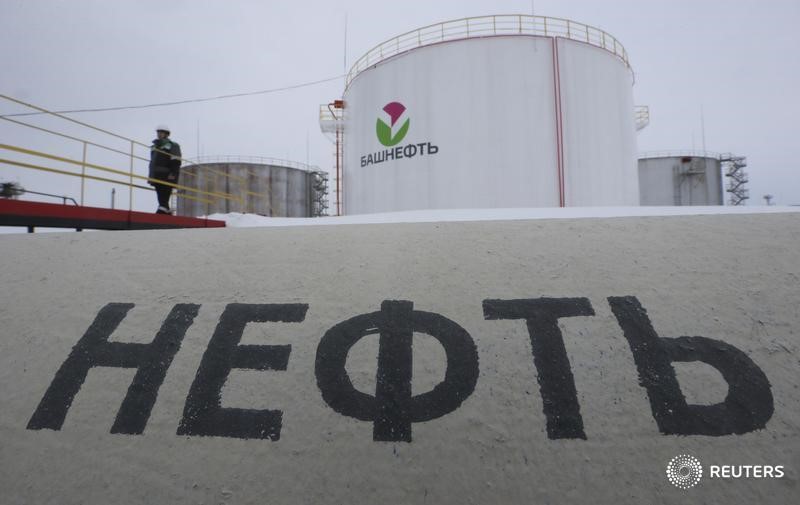(Bloomberg) -- Oil fell -- after posting its first weekly loss since October -- as a new Covid-19 strain raised the risk of more lockdown measures and as President Donald Trump declined to sign a long-awaited U.S. stimulus bill.
Futures in New York dropped below $48 a barrel after sliding 1.8% last week. Tougher restrictions were extended to much of England to try and stem the virus mutation, while China suspended passenger flights to the U.K. American officials, meanwhile, warned of a post-Christmas surge of infections.
Trump has taken no action on the $900 billion spending package that Congress approved last week, beyond expressing his displeasure in a series of tweets and videos. Lawmakers across the political spectrum urged him to sign the bill, without which millions of Americans will face a loss in benefits.
Oil is finishing the year on a somber note as the short-term demand risk of more travel restrictions outweighs optimism over a vaccine rollout, which is already underway and will eventually boost energy demand. The OPEC+ alliance will also return 500,000 barrels a day of output to the market from January.
Crude’s futures curve is reflecting the pessimism. Brent’s prompt timespread is 6 cents a barrel in contango, a bearish market structure where near-term prices are cheaper than later-dated ones. The spread was as much as 13 cents in backwardation earlier this month.
President Trump, meanwhile, raised geopolitical tensions in the Middle East, accusing Iran of being responsible for a rocket attack near the U.S. embassy in Baghdad on Sunday. The Islamic Republic’s Foreign Ministry said the claims were baseless. The country’s oil minister said this month that Iran was planning to double its production in 2021, which will clash with OPEC+ efforts to gradually increase supply without flooding the market.
©2020 Bloomberg L.P.
